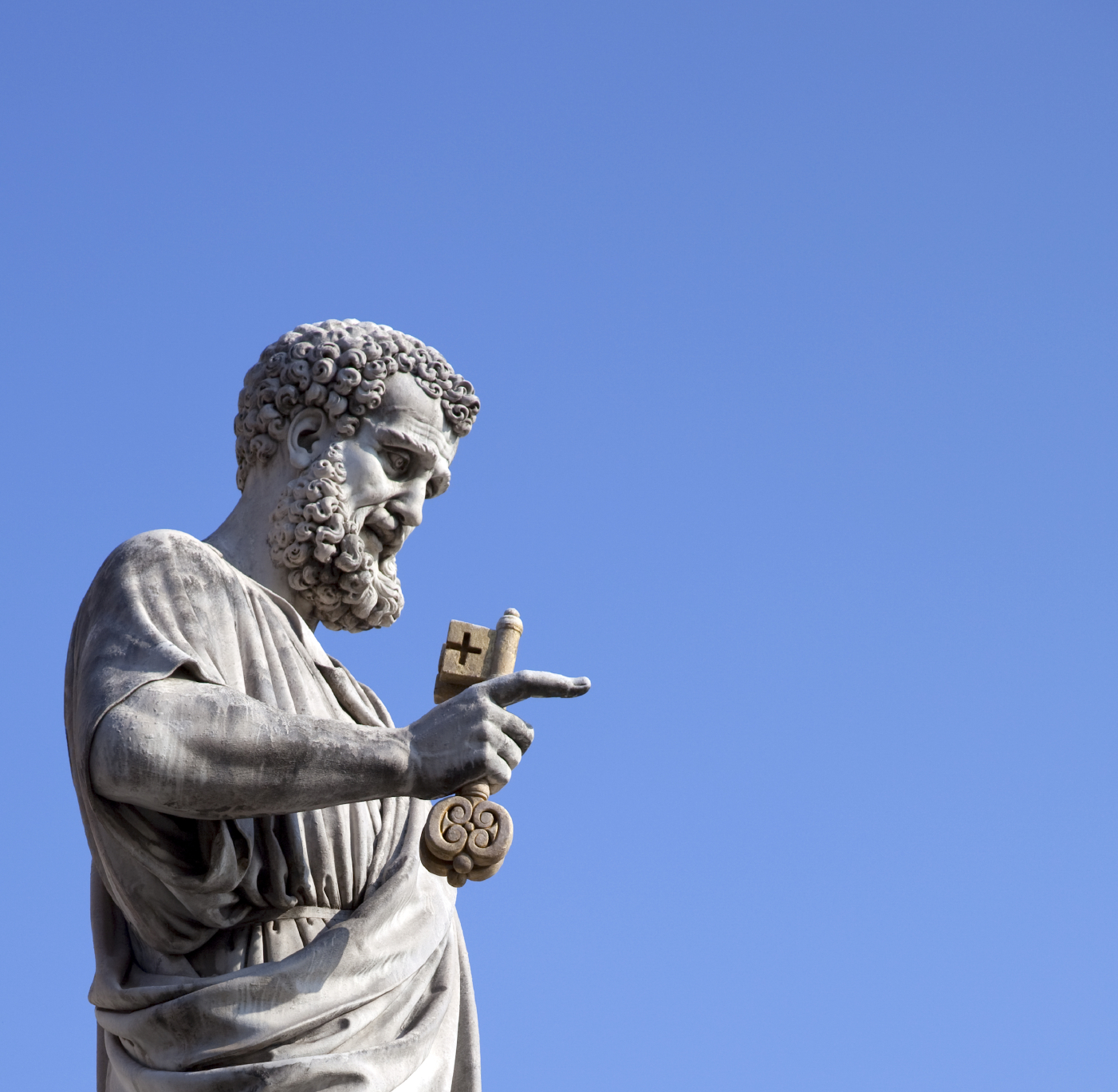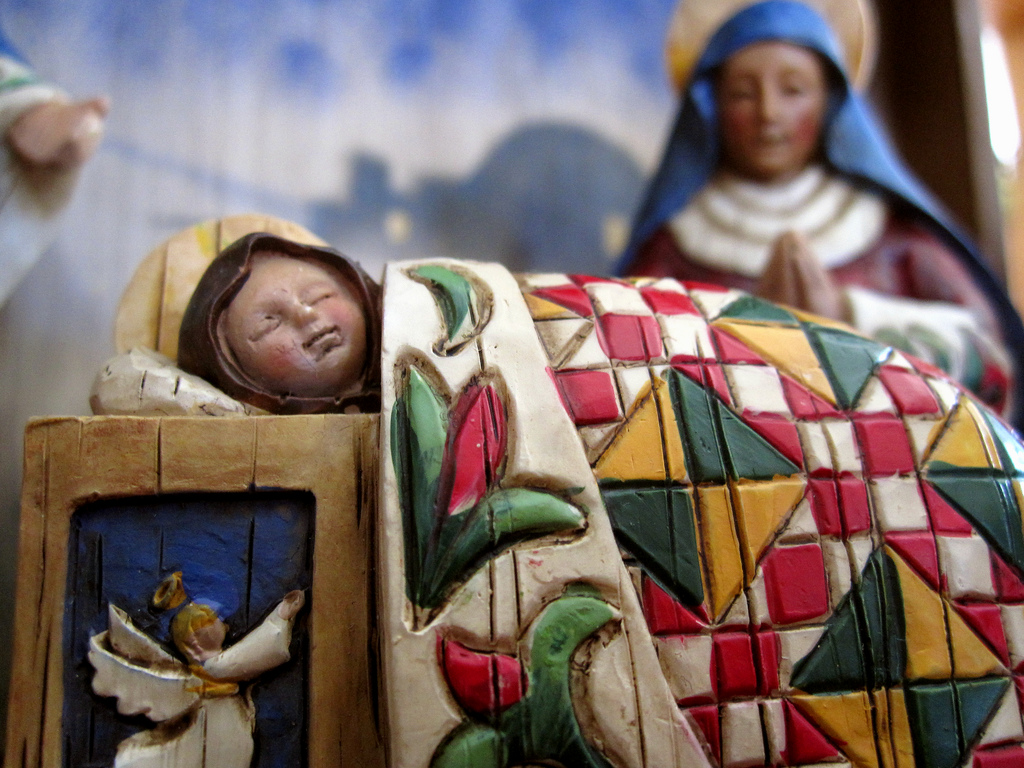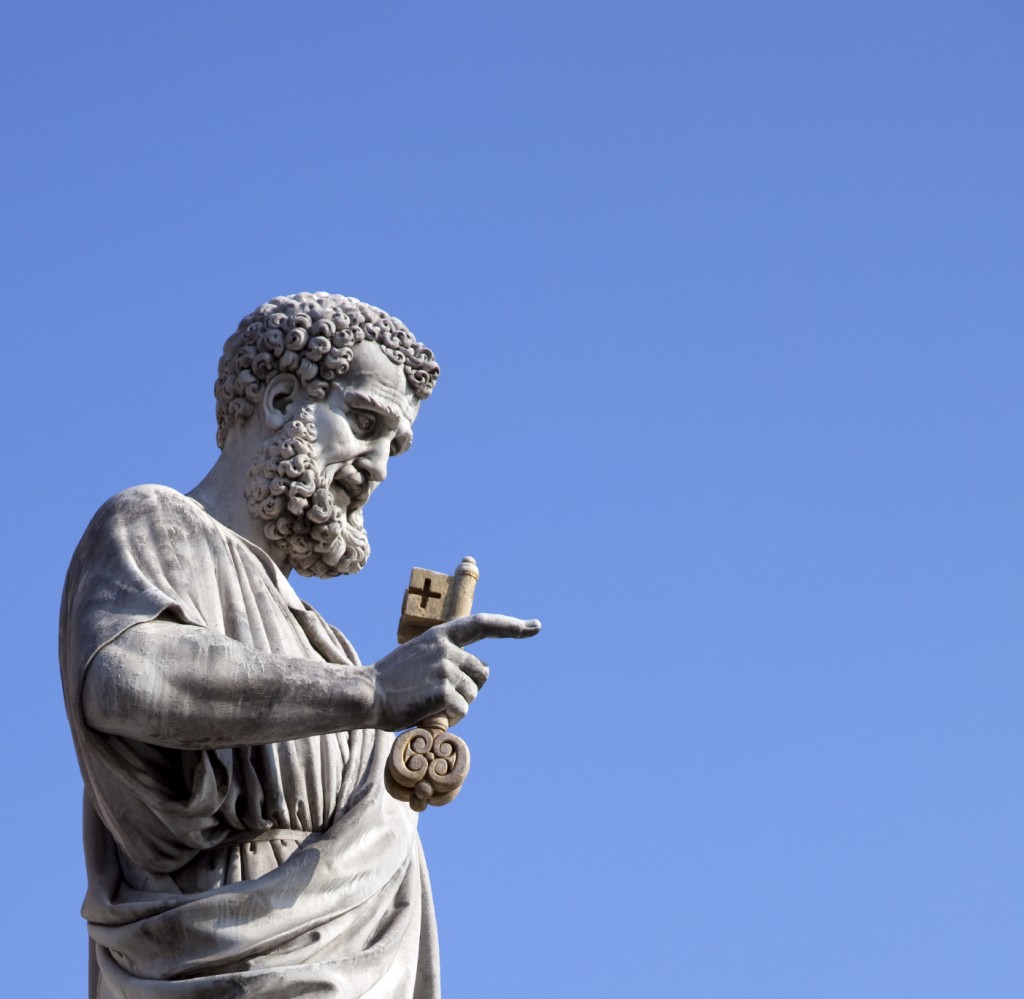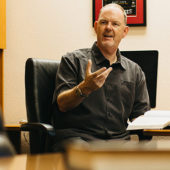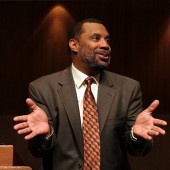This is part of a series studying Peter’s life and ministry. Click here for the entire series.
This setting is the courtyard of the High Priest…
Most of us know Peter denied knowing Jesus, but we need to understand the setting for these denials to know what Peter was facing.
Jesus endured two trials: One before the Jewish religious leaders and one before Roman leaders, and each of these had three parts.
In the Jewish trial, Jesus was first taken to the former high priest Annas, who “questioned Jesus about his disciples and his teaching” (John 18:19), apparently without drawing conclusions. Annas sent Jesus bound to the current high priest, Caiaphas, and the Jewish religious high court, the Sanhedrin (Matthew 26:57-68; Mark 14:53-65; Luke 22:54-65; John 18:24). Two charges—one false and one true—were leveled against Jesus:
1. He had claimed He would destroy the temple (the place where God’s presence was evident) and rebuilt it in three days—false.
2. He was the Messiah, the Son of God—true.
When Jesus acknowledged the latter claim, Caiaphas tore his own robes in horror, believing Jesus had blasphemed by claiming to be God which was an offense punishable by death (Leviticus 24:15-16). The chief priests, elders and members of the Sanhedrin formally decided in the morning to recommend to the Roman authority that Jesus be put to death for blasphemy (Matthew 27:1; Mark 15:1; Luke 22:66-23:1).
The three stages of the Roman trial followed next. The first stage was Jesus’ appearance before Pilate (Matthew 27:11-26; Mark 15:2-5; Luke 23:1-5; John 18:28-19:16), the Roman governor of Judea. Pilate plied Jesus with questions but the only one Jesus answered was that, indeed, He was the King of the Jews (Matthew 27:11; Mark 15:2). Pilate said he could find no reason to execute Jesus.
Hearing Herod Antipas, governor of Galilee, was in town, Pilate sent Jesus, a Galilean, to him (Luke 23:6-11). Herod asked Jesus many questions, but Jesus remained silent. After mocking Jesus, Herod then sent Him back to Pilate. Pilate caved in to people’s demand to release the terrorist Barabbas and to condemn Jesus to die. Soldiers flogged Him then gave Him a crown of and led Him away to be crucified.
After Jesus was arrested in the Garden of Gethsemane, all the disciples except Peter and John fled, and these two followed Jesus to Caiaphas’ house. It was during the second stage of the Jewish trial that Peter denied Jesus.
Jesus was accused of blasphemy and destroying the temple, but He hardly spoke at all during His two trials. How do you think you would have responded to false accusations, or conclusions, others draw regarding you?

